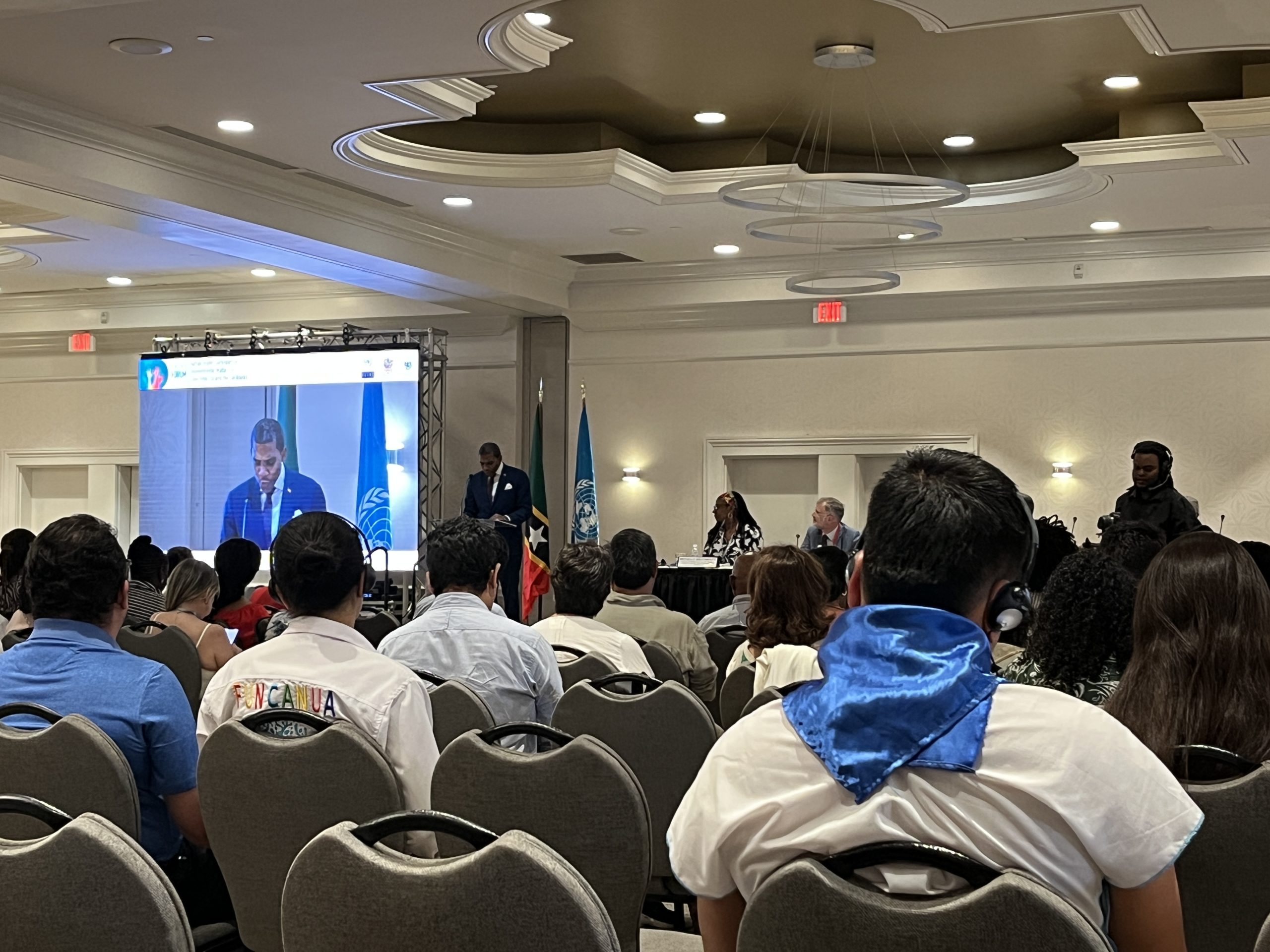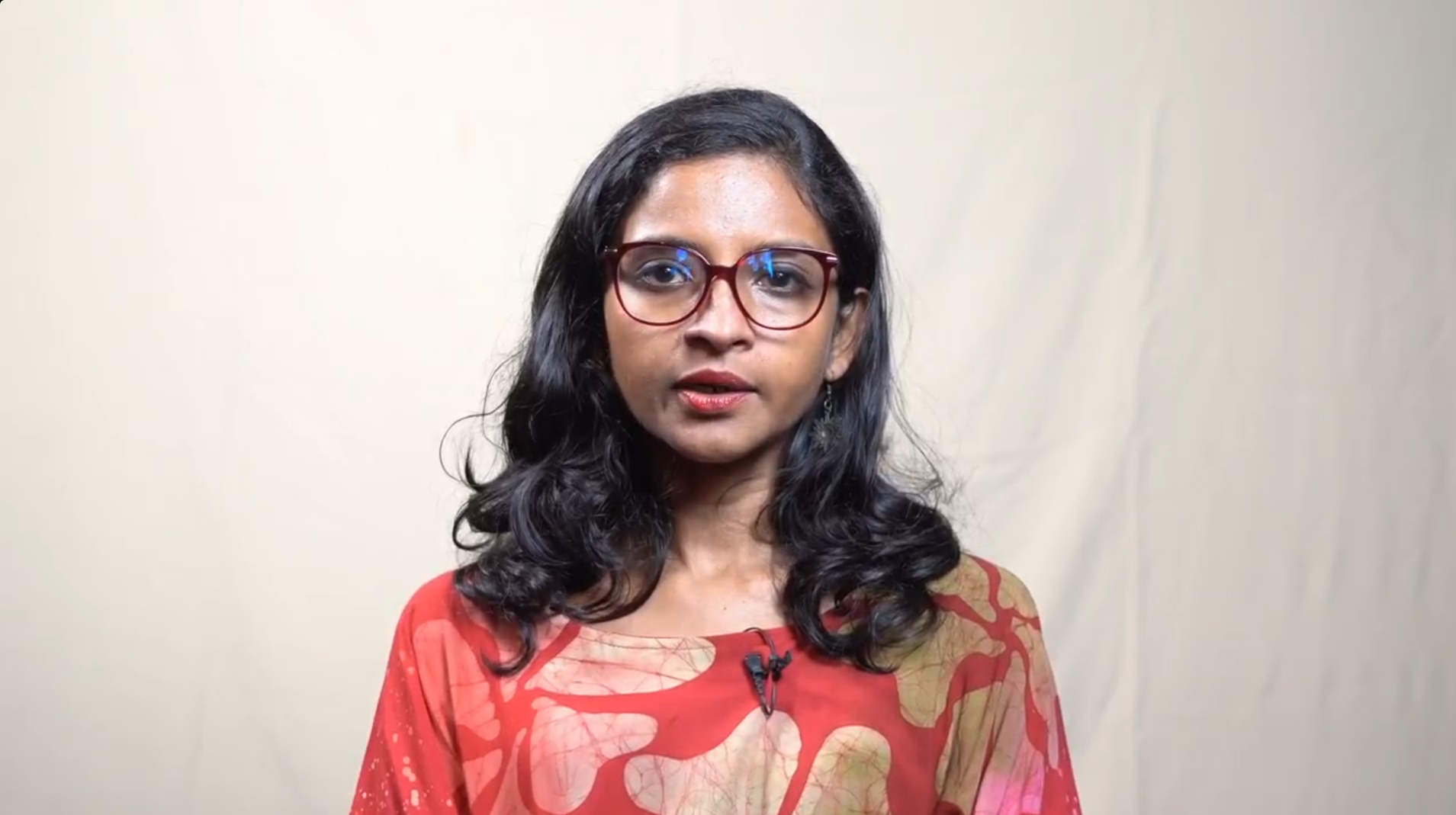Lire cet article en français ici
By Ignacio Saiz, Executive Director, Center for Economic and Social Rights
One of the aims of the Universal Periodic Review (UPR), as articulated in its founding resolution,[1] is to promote the universality, interdependence, indivisibility and interrelatedness of all human rights. However, the experience of many non-governmental organisations (NGOs) who have engaged extensively with the UPR has raised concerns that economic, social and cultural rights (ESC rights) have been comparatively neglected in the UPR process in its first two cycles.
In order to assess this perception more systematically, the Center for Economic and Social Rights (CESR) and the Sciences Po Law School Clinic undertook a quantitative trends analysis of the recommendations in the UPR Info Database.[2] This analysis found serious and consistent shortcomings in both the quantity and quality of recommendations on ESC rights.
Too few ESC rights focused recommendations made or accepted by too few States
Alarmingly, fewer than one in five UPR recommendations focused specifically on ESC rights – half the number of those on civil and political rights. Further, a select range of ESC rights issues – namely education, labour and health – have been the predominant focus, while many other critical ESC rights, such as the rights to food and water, or rights in relation to land and the environment, have received scant attention in both cycles.
Our analysis also uncovered stark regional variations in the number of ESC rights recommendations that States have made and accepted via the UPR. Less than ten percent of the recommendations made by States in the Western Europe and Others grouping focused on ESC rights, compared to 29 per cent from Asia and 23 per cent from Africa. The lack of attention to these rights by Western European countries has an outsized impact, given that this region accounts for over a third of all recommendations made in the UPR. Regional differences also emerged regarding the percentage of recommendations accepted. While most regions accepted around 80 percent or more of the recommendations focused on ESC rights, Western Europe and Others accepted only 53 percent of these.
In addition to being far fewer, UPR recommendations focused on ESC rights are often vague and ill-defined. Two thirds of a sample reviewed in more depth only called for general action, limiting their utility in guiding policy making at the national level, as well as making it hard to track whether or not they had been successfully implemented. Less than five percent of those reviewed addressed the question of resources, despite this being central to the progressive realisation of ESC rights. By contrast, two thirds of the recommendations focused on civil and political rights suggested specific actions, such as acceding to treaties, enacting laws, policies or programs, or ensuring the enforcement and implementation of existing laws and policies. More precise, policy oriented recommendations are crucial in order to meaningfully guide and assess the conduct of States in meeting their human rights obligations, particularly in the economic and social sphere.
These findings, echoed in the recent report to the Human Rights Council by the Special Rapporteur on Extreme Poverty and Human Rights,[3] underscore the need to build the awareness and capacity of States and civil society organisations engaging in the UPR to craft more specific recommendations for how to operationalise their economic and social rights obligations. The provisions for shadow reporting, follow up and technical assistance under the UPR, as well as the periodic evaluations after each cycle, all provide significant opportunities for improvements to be made in this regard.
As a unique and universal process with a significant degree of legitimacy and engagement on the part of States and civil society, advocating for the effective fulfilment of ESC rights through the UPR is an important means for redressing the comparative lack of attention that these rights still receive on the international human rights agenda.
The potential of the UPR to promote and monitor progress against the Sustainable Development Goals
Addressing these gaps will also be crucial if the UPR is to serve as an effective accountability mechanism for the newly-adopted Sustainable Development Goals (SDGs). The SDGs represent a globally endorsed, comprehensively framed and universally applicable agenda for sustainable development. They reinforce many existing commitments on economic and social rights, such as the rights to water and sanitation, housing and health, as well as including civil and political freedoms without which true social and economic development is impossible. They are also ground-breaking in their commitment to reduce inequality within and between countries and to ‘leave no one behind’.
The UPR has a potentially crucial role to play in influencing national efforts to implement the SDGs and the human rights commitments underpinning them. As member States themselves have recognised, international human rights review mechanisms such as the UPR are a vitally important part of the web of accountability required to achieve the SDGs.[4] Peer review mechanisms which allow for civil society participation are particularly well-placed to foster mutual accountability between States for their respective responsibilities in meeting their global commitments, as well as their accountability to the people. It is for this reason that the UPR has been a key point of reference in the debates around a global review mechanism for the SDGs. However, without systematic efforts to address the UPR’s blindspots and shortcomings with regard to ESC rights, its potential as an SDG accountability mechanism, and its legitimacy as a human rights watchdog, will continue to be seriously undermined.
Ignacio Saiz is Executive Director of the Center for Economic and Social Rights. Follow him on Twitter at @ignacioCESR. The author acknowledges the contributions of Allison Corkery, Holly Stubbs and Lena Kahler to this piece. See CESR and Sciences Po, ‘The UPR: A Skewed Agenda?’, available at www.cesr.org.




